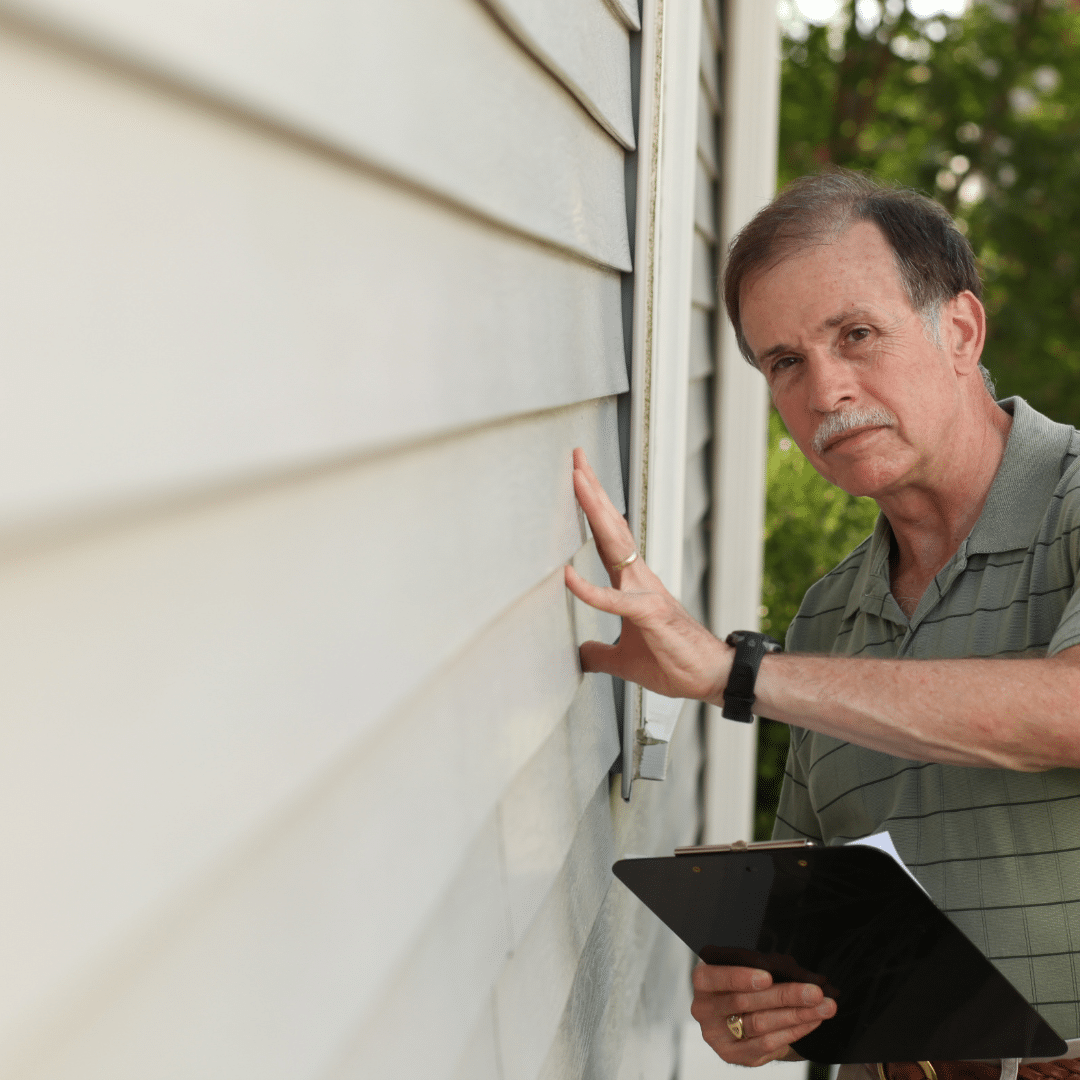If you’re involved in long term rental properties in Colorado Springs, it’s crucial to stay ahead of the curve regarding potential legislation changes. With Denver taking the lead, it’s a sign that similar regulations could soon hit Colorado Springs.
Denver’s new legislation on long term rental properties includes stricter requirements and regulations that could serve as a precedent for other cities in Colorado, including Colorado Springs. To get prepared, start by familiarizing yourself with the Denver laws and proactively implementing necessary changes to your properties. Stay tuned for updates on potential legislation changes in Colorado Springs and stay ahead of the curve.
Understanding Denver’s Legislation
Denver’s recent legislative changes encompass a range of requirements and regulations that affect long term rental properties. This legislation is aimed at addressing various aspects of long term property rentals and has significant implications not only for Denver but also for property owners and landlords across the state of Colorado including Colorado Springs.
One key aspect of the legislation is the emphasis on safety and tenant protection. Property owners are required to meet stringent safety standards such as fire safety codes, building inspections, and habitability standards. These safety measures are designed to ensure that rental properties provide secure living environments for tenants.
Understanding tenant rights is equally crucial. Denver’s tenant protection laws encompass a wide range of provisions related to lease agreements, rent increases, eviction procedures, and more. Comprehending and adhering to these regulations is vital for maintaining positive landlord-tenant relationships and ensuring that your rental practices align with legal and ethical standards.
These provisions are not only beneficial for the well-being of tenants but also for the long-term profitability of rental properties. Staying informed about legislative developments is essential for property owners to ensure compliance, protect investments, and maintain the profitability of long-term rental properties.
The Significance of Preparation
Preparation holds a crucial role in the realm of long term rental properties, rooted in fundamental desires such as security and peace of mind. As a property owner, your goals go beyond mere profitability; your aim is to offer tenants a secure and comfortable living environment.
Preparation is a cornerstone for success in long term rental properties. It involves:
- Ensuring Compliance and Safety: Keeping abreast of regulations to create secure living spaces for tenants.
- Protecting Investments: Safeguarding financial interests and property values through proactive measures.
- Meeting Tenant Expectations: Promptly addressing maintenance and cleanliness, fostering tenant satisfaction.
- Adaptability: Being flexible in the face of market changes and regulatory shifts.
- Peace of Mind for All: Building trust and positive relationships between property owners and tenants.
Preparation is your compass in the ever-changing rental property landscape, offering security, profitability, and harmonious tenant relations.
Steps to Safeguard Long Term Rental Properties in Colorado Springs
Familiarizing Yourself with Denver’s Laws
To prepare for potential legislative changes in Colorado Springs, it’s essential to start by thoroughly understanding Denver’s new laws. These laws are likely to set a precedent for other cities in the state. Here’s how to get started:
- Review the Legislation: Dive into Denver’s rental legislation, examining the key requirements and regulations that have been implemented. Look for specific provisions related to safety standards, tenant rights, and property management practices.
- Stay Informed: Keep abreast of updates and amendments to the legislation, as it’s a dynamic field. Subscribe to newsletters, follow relevant news sources, and attend informational sessions or webinars that provide insights into changes in rental laws.
- Access Resources: Utilize resources provided by Denver’s local government and other relevant sources to gain a comprehensive understanding of the laws. Government websites, official documents, and legal guides can be invaluable resources for property owners seeking clarity on rental regulations.
By taking these steps, you’ll be well-equipped to navigate Denver’s rental laws, which can serve as a valuable foundation for understanding and preparing for potential legislation changes in Colorado Springs. This proactive approach ensures you have the knowledge and insights needed to safeguard your long-term rental properties effectively.
Proactive Implementation of Necessary Changes
Armed with knowledge of Denver’s legislation, the next step is proactive implementation. This phase involves taking concrete measures to ensure your properties not only comply with current regulations but also remain adaptable to potential changes. Here’s how to put this into action:
- Safety Enhancements: Begin by evaluating the safety features of your properties. Identify any areas that need improvement to meet safety standards, such as installing or upgrading smoke detectors, addressing electrical or structural issues, and ensuring adequate lighting.
- Documentation: Maintain meticulous records of property-related matters. This includes property inspections, maintenance activities, tenant communications, and any safety upgrades. Comprehensive documentation serves as evidence of your commitment to compliance and due diligence.
- Tenant Screening: Strengthen your tenant screening process to ensure you’re selecting tenants who will not only respect your property but also adhere to regulations. Consider conducting thorough background checks, verifying rental histories, and communicating clear expectations regarding property maintenance and safety.
- Legal Consultation: If needed, seek legal advice to ensure your rental agreements and practices align seamlessly with the law. Legal professionals with expertise in real estate and rental regulations can provide invaluable guidance to keep you on the right side of the law.
Taking these proactive measures, including home inspection, not only ensures that your properties are currently compliant with Denver’s laws but also establishes a framework for adaptability should legislative changes occur in Colorado Springs. This proactive approach positions you as a responsible property owner dedicated to the safety, satisfaction, and thorough home inspections for your tenants.
Staying Ahead of Legislation Changes in Colorado Springs
Being prepared involves more than just adapting to current legislation; it means staying ahead of potential changes in Colorado Springs. Here’s how to do it effectively:
- Monitor Local Developments: Stay vigilant by regularly monitoring local government news and developments related to rental property legislation. This includes checking official announcements, attending city council meetings, and keeping an eye on proposed changes or discussions.
- Engage with Industry Experts: Network with professionals in the rental property industry, including property managers, real estate agents, home inspection experts, and legal experts. These connections can provide valuable insights into upcoming changes and best practices for compliance.
- Adjust Strategies: Be ready to adjust your strategies and property management approaches as new regulations are introduced or existing ones evolve. This proactive mindset ensures that you remain compliant and efficient in your rental property operations.
By consistently following these steps, you’ll stay well-prepared for any legislative changes that may impact long-term rental properties in Colorado Springs. This approach not only safeguards your investments but also positions you as a responsible and informed property owner.
Are there any specific safety regulations I should be aware of in Colorado Springs for my long term rental properties that differ from Denver’s legislation?
While the specifics may vary, it’s essential to stay informed about local safety regulations in Colorado Springs. These could include fire safety codes, building inspection requirements, and zoning regulations. To ensure compliance, regularly check with the Colorado Springs city government and relevant local authorities. Additionally, consult with legal professionals, property management, or home inspection experts like FPHI who have a deep understanding of the local regulations and can provide guidance tailored to your specific area.
In the ever-evolving landscape of long term rental properties, being prepared is your greatest asset. Denver’s legislation serves as a wake-up call for property owners in Colorado Springs. Contact First Priority Home Inspection experts at 719-491-1520 to help you understand and navigate the new Denver legislation and what it could mean for Colorado Springs. Our experienced team is here to assist you in safeguarding your investments and ensuring compliance with the latest regulations.









